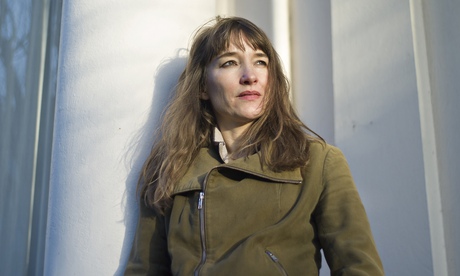
Home towns exert a huge force in this evocative second novel by the actor and writer Emily Woof, in which the desire to leave and forge a new life elsewhere battles with the paradoxical urge to return.
After losing her “beautiful things” in a robbery, Ursula’s grandmother, Granny Mary, leaves Lancashire and moves in with her granddaughter and daughter Joyce in Newcastle. Mary feels robbed, too, of her hopes for Joyce who, instead of becoming a teacher is involved in CND activism with her husband. Ursula, meanwhile, is troubled not only by the nuclear threat but by the “topsy-turvy tensions at home”. It’s the 80s and home is a big Victorian house in Newcastle’s affluent Jesmond. Ursula falls in love with Jerry from inner-city Byker, the class conflicts captured in a convincing vernacular (Woof grew up in the city). Jerry muses on the divide that’s “always tearing us apart”. He leaves Newcastle for Oxford University, Ursula travels to India.
Family trees fork through a narrative that probes the possibility of branching out or being inexorably drawn back to one’s roots. A real tree at the heart of the novel, “full of a wild energy”, reminded Ursula of lightning when she first saw it on a trip with her grandmother to Pendle Hill, a place haunted by the mystery of Mary’s mother, Annie.
As these sympathetic characters search for their place in the world (Mary still harbours the hope that “her life will be glorious, as it was meant to be”), Woof finds humour and poignancy in the gulf between how things are and how they ought to be.
The Lightning Tree is published by Faber, £12.99. Click here to buy it for £9.99

